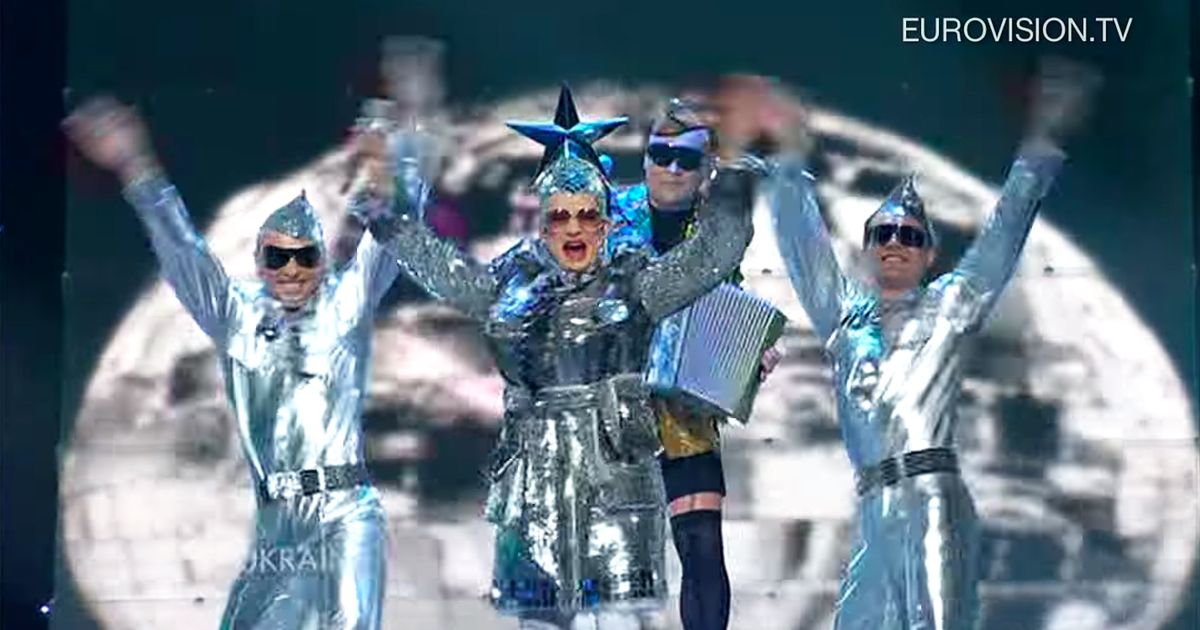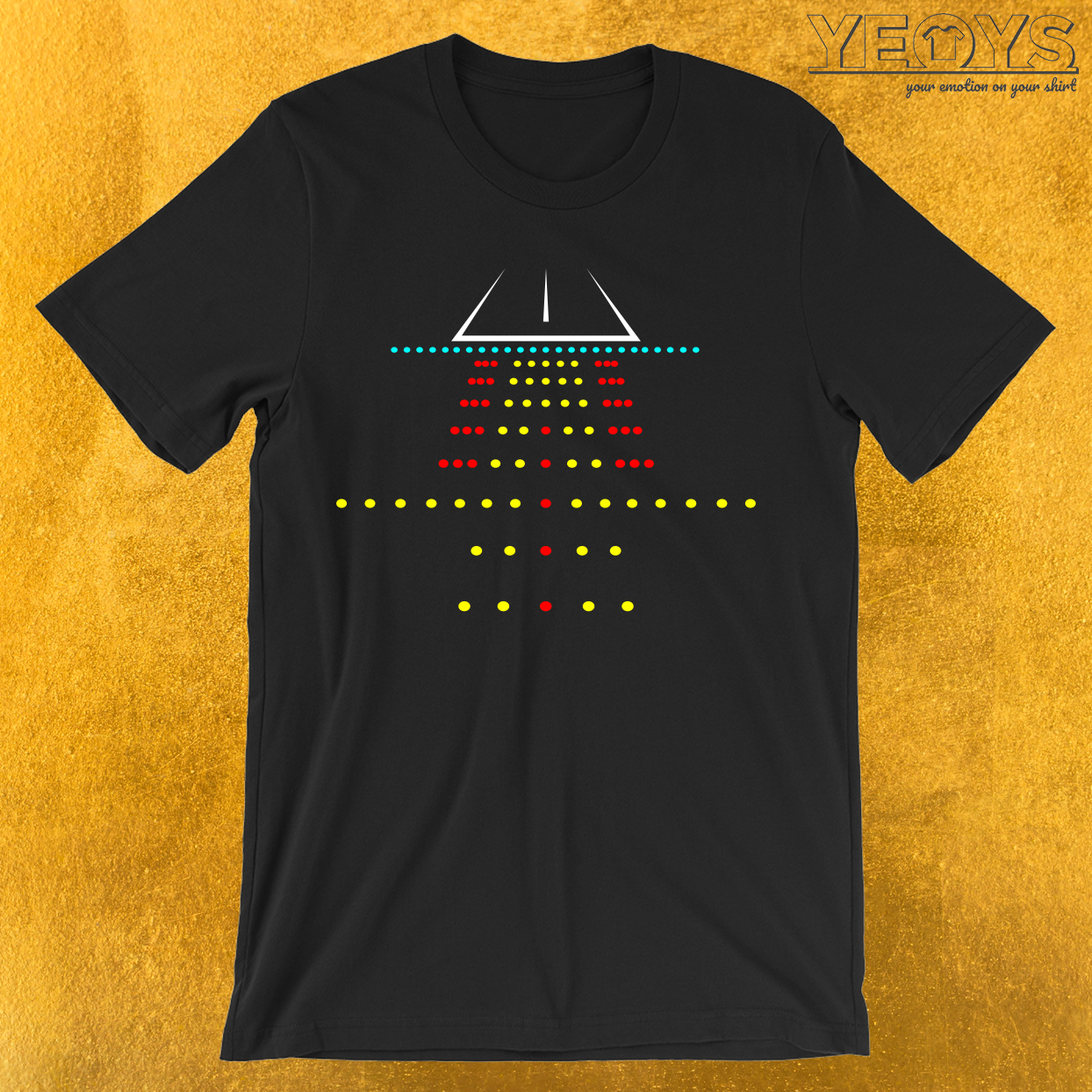
The main Eurovision contest dates relief to Would possibly 1956, and it’s highly unlikely that founder Marcel Bezençon can luxuriate in imagined that the wildly notorious pan-European tune opponents would in some unspecified time in the future give us the likes of dancing grannies, rapping astronauts, and the almighty Ukrainian jog queen Verka Serduchka. Because the contest has grown, a positive bear of opponents has emerged excluding for a nation attempting to blow their very private horns its ear for a catchy three-minute tune — unheard of costumes, staging, and choreography luxuriate in opened up one other skill to bear global pop history. As heaps of its most unforgettable moments recount, a pair of of the ideal Eurovision opponents involve one nation submitting a performance with easy hopes that hundreds of hundreds of others will either faucet their toes or find the shaggy dog fable.
The unique Netflix comedy Eurovision Music Contest: The Narrative of Fire Saga is ready two such performers, with Will Ferrell and Rachel McAdams having fun with musicians who dream of a hit first set for their native Iceland. They earnestly imagine of their flashy, kitschy costumes and their hopeful hit “Double Distress,” offered as correct one act in a entire roster of kooky performers. However really, the contest is stuffed with extra self-awareness, as nations luxuriate in taken to being tongue in cheek with their annual submissions.
Below is a series of performances that took a mad speed to the abnormal and unforgettable facet of Eurovision history, heaps of them apparently supported by countries with out ever severely take. Appropriate success getting these songs, and their performances, out of your head.
This listing goes to point of curiosity largely on the trendy iteration of Eurovision — performances that advance after 1999, when the contest eliminated are living orchestra accompaniment in need of backing tracks — however we’ve received to honor the catchy penguin ditty “Papa Pingouin” and the costumes it gave the realm. Luxembourg’s 1980 submission featured singing sisters Sophie and Magaly in intellectual, triangular tuxedo matches that predate Klaus Nomi’s connected style, accompanied by a colossal man who waddles around onstage in a huge sequin penguin costume (the backup singers were in penguin sequins, too). Eurovision entries ceaselessly waver between bleeding-coronary heart energy ballads and titillating dance tunes, however this one is foolish correct for the sake of it, advancing an perspective that might well express heaps of mischievous and mighty entries from the decades to advance relief.
Some countries seem to give submissions that deliberately throw their chances of victory into the trash, however it used to be a Lithuanian supergroup that declared themselves winners from the very first sentence. Bringing some pompous sarcasm to the contest’s mischievous nature, “We Are the Winners” forces audiences to accomplice its title phrase with their hooky melody, bouncing alongside fancy a Green Day tune sans crunchy guitars. Performed with advise minimalism, the act featured the boys standing on the stage and eyeing the digital camera, unless even handed one of them breaks out into flailing dance strikes to the tune of a violin solo. Even supposing the tune absolute top went to sixth set, LT United alternatively succeeded in stealing part of Eurovision history.
“Dancing Lasha Tumbai,” from Ukraine’s silver-decorated jog queen Verka Serduchka, is positively even handed one of Eurovision’s most notorious performances. Her performance used to be out of this world at the 2007 contest, where she looked fancy she dropped in from a house disco that undoubtedly fair appropriate in sequin attire. Driven by a repetitive accordion hook, the tune has Serduchka marching across the stage in high heels with a noteworthy superstar on her head. Her outfit alone helped bear this an iconic moment, however the tune completed its private history when it ended up a hit second set that 365 days.
For some reason, Switzerland desired to earnestly uncover Eurovision audiences that vampires were indeed alive, and also that “we are able to be perpetually younger.” Constructed around these vampiric sentiments, this peppy banger from DJ BoBo is complete Eurovision-grade cheese. There’s no bloodsucking here, however hundreds of fierce appears to be with questionable hair and make-up selections.
Flight attendants don’t luxuriate in a number of songs to call their very private, however the United Kingdom sought to alter that with the anthem “Flying the Flag,” as performed by bubblegum-pop crew Scooch. This performance used to be pure flight-attendant campiness, with beverage carts and preflight instructions incorporated into dance strikes and lyrics that barely cloak their innuendos (“Would you fancy one thing to suck on for the landing?”). It’s even handed this kind of Eurovision performances that aimed for a noteworthy wink larger than anything else; they even made sure to consist of a steel detector onstage.
Eurovision’s history of silliness hit one other high point when puppet Dustin the Turkey took the stage in 2008, performing his not-so-delicate earworm “Irelande Douze Pointe.” As a cheeky characterize for 12-point votes (the ideal any nation might give to 1 other), it used to be performed by the puppet and accompanied by high-energy dancers intended to fetch fancy Irish turkeys. The tune leaned into the nation’s desperation of getting aspects from other nations, even to the purpose of self-deprecation: “Give us one other probability / we’re sorry for Riverdance.” The performance received 15th set.
In most cases, a nation’s Eurovision submission appears to be written by the costumes first, as is the case with the Latvian crew Pirates of the Sea. Their 2008 submission, “Wolves of the Sea,” used to be in total slight larger than a pirate costume occasion that came about to luxuriate in singing, fist-pumping, and a generic beat. To their credit score, the Latvian crew commits to their wobbly plastic swords, kitschy costumes, and uncomplicated choreography. It used to be ample to find the tune positioned 12th.
Comedian Rodolfo Chikilicuatre, sporting an Elvis-esque wig, opened his Eurovision performance with a toy-guitar riff that led into his reggaeton goof “Baila el Chiki-Chiki.” It’s a performance designed to disrupt the smartly-liked smoothness of a Eurovision dance routine, with one dancer even making a degree to persistently ride after she at the start falls to the ground. All the while, Chikilicuatre’s lyrics are chunky of sly political references, cementing this as a deep troll switch from Spain that provides to the contest’s total absurdity.
Now we luxuriate in Ukraine and Svetlana Loboda to thank for a Eurovision performance that breathlessly mixes horny Roman soldiers, a blinding gentle recount, and a diagram part that aspects three broad gears. And yet earlier than you even find your bearings, the high-energy Loboda will get at the help of a drum diagram and performs a solo while surrounded by Ukrainian flags and pyrotechnics, sneaking a wink into the center of it all. The lyrics to “Be My Valentine (Anti-Disaster Girl)” might well seem fancy they were devised in a producing facility, however this should-survey moment from Eurovision history is assuredly not.
Rap doesn’t luxuriate in an colossal history in the Eurovision contest, however it does luxuriate in one standout moment from 2013. The rap duo Who Are waiting for positioned on astronaut matches for their hardcore rap/dubstep tune “Igranka,” diagram amid a haze of smoke and green lasers. It then received even nuttier when singer Nina Žižić emerged from the ground in a makeshift cyborg costume, provocative the 2 rappers to fake fancy they’re shifting in unhurried motion. All the ingredient used to be offered with complete seriousness, which come what might well makes Montenegro’s musical assertion (which took 12th set that 365 days) mighty extra spectacular.
The closest that Eurovision ever received to producing a mosh pit arguably came in 2015 attributable to Finland. That’s after they sent punk-rock band Pertti Kurikan Nimipäivät to barrel through their minor-key energy chords and garage-willing riffs, performing “Aina Mun Pitää,” the shortest tune in the contest’s history. Infrequently ever does a Eurovision tune rock this laborious (mighty extra tough than Lordi’s a hit “Laborious Rock Hallelujah”), with lead vocalist Kari Aalto screaming through his words with dissonant abandon. In most cases basically the most standout Eurovision moments don’t involve the highs and lows of pop tune, however rather triumphs of head-banging alternative tune.
Slavko Kalezic’s commanding performances of his disco ballad “Location” is one for the books. Maybe it’s the seductive eyes, the mesh survey-through shirt, and the lyrics about rocketing to the stars. However what undoubtedly launches it into the hall of status is the moment when Kalezic grabs his prolonged ponytail and twirls it around it onstage, fancy some bear of horny helicopter. Whereas crowded productions and flashy diagram pieces luxuriate in their set, ceaselessly all you wish for an unforgettable Eurovision performance is the magnificent particular person and the magnificent delightfully cheesy tune (though a prolonged, thick rope of ponytail helps, too).





Leave a comment
Sign in to post your comment or sign-up if you don't have any account.